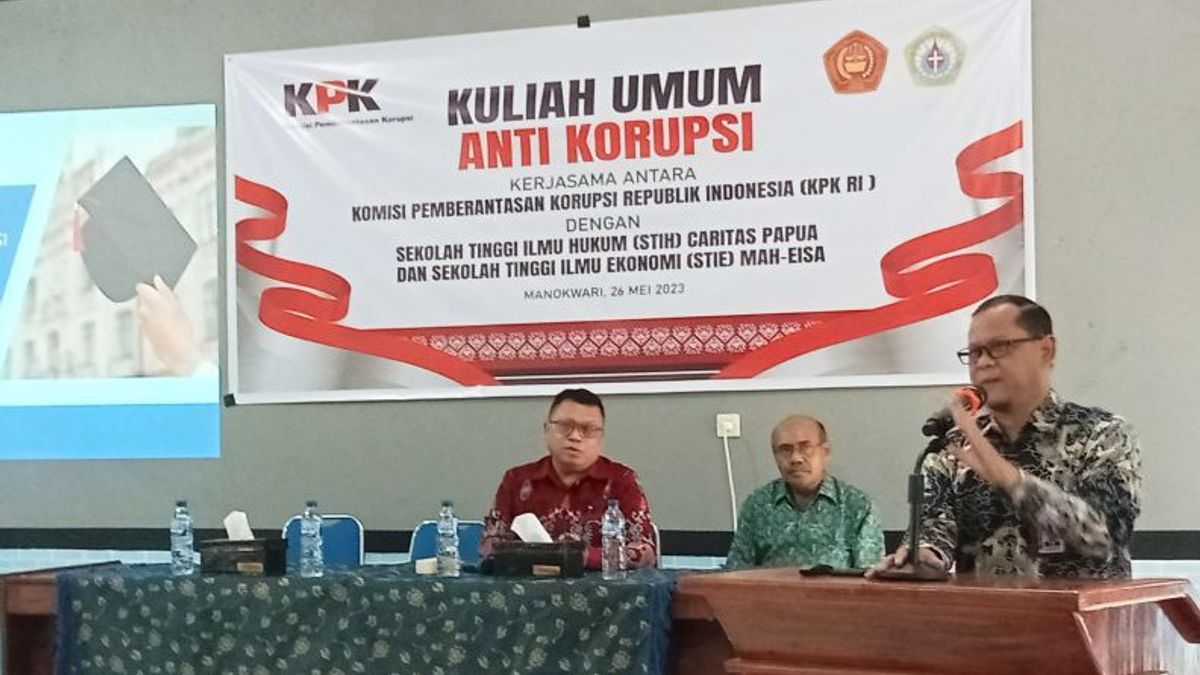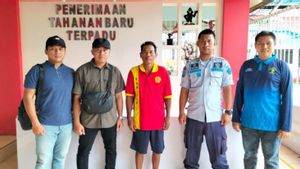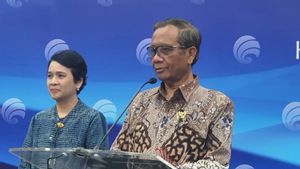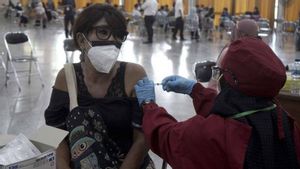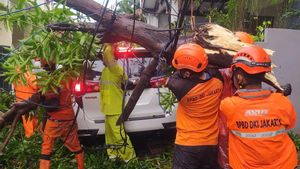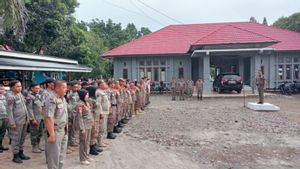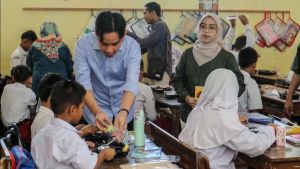JAKARTA - The Corruption Eradication Commission (KPK) provides public lectures at two universities in West Papua Province. This effort is to increase the capability of the academic community regarding the prevention of corruption.
Deputy for Education and Community Participation of the KPK, Wawan Wardiana, said the activity took place at the University of Papua and the College of Law (STIH) Caritas Papua. "All of that is so that the education ecosystem of universities starting from students, lecturers, deans, and rectors can instill integrity values," he said in Manokwari, West Papua, Friday, May 26, was confiscated by Antara. Universities, he said, have an important role in shaping the character of human resources (HR) with a quality of nine anti-corruption values.
The nine values, namely being honest, caring, independent, disciplined, responsibilities, hard work, simple, brave, and fair, can be applied optimally. Therefore, said Wawan, all academic community needs to be given the widest possible understanding of corruption, legal sanctions due to corruption, and corrupt behavior in campus such as plagiarism, fictitious proposals, cheating, and absenteeism. "The value of anti-corruption needs to be instilled from now on, starting from their immediate environment. So it's not just a course but their behavior," he said. According to him, universities should be a barometer of preventing criminal acts of corruption for all elements of society so that the government's efforts to eradicate corruption produce results according to expectations. In addition, he said, students as a young generation of future leaders should fortify themselves with nine anti-corruption values so as not to easily fall into corrupt behavior.
"Without us realizing corrupt behavior in the campus environment, it is possible that behavior becomes a habit when they become officials," he said.
اقرأ أيضا:
The head of STIH Caritas Papua, Roberth KR Hammar, added that this public lecture was also to equalize the perception and paradigm of lecturers regarding efforts to prevent corruption which was then transmitted to all students.
Roberth gave an example, corrupt behavior that needs to be avoided in the campus environment, such as requests for donations without official letters, not time discipline, and others during the lecture process.
He admitted that efforts to form an anti-corruption character were not easy, so education and socialization needed to be carried out regularly so that the character of students and lecturers would be more resilient. "Lecturers are not only theoretical, but must show an anti-corruption attitude so that students can participate," he said.
The English, Chinese, Japanese, Arabic, and French versions are automatically generated by the AI. So there may still be inaccuracies in translating, please always see Indonesian as our main language. (system supported by DigitalSiber.id)
